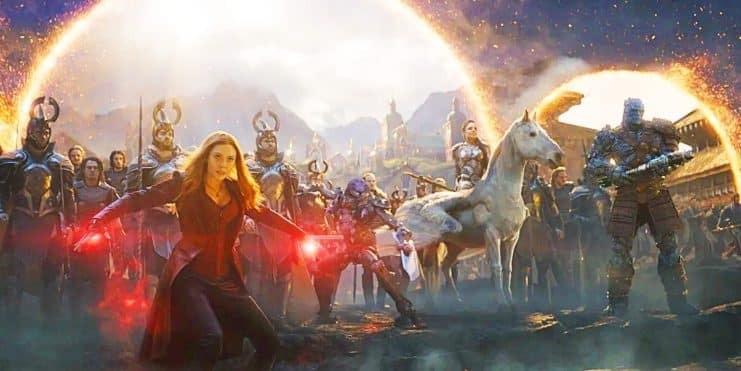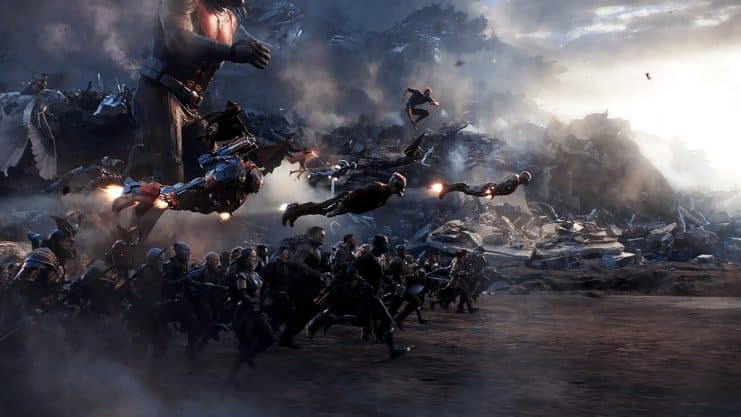Alan Silvestri describes the effect of portals in Avengers: Endgame.
Unseen music weaves emotion on the big screen, often coming to life in moments of despair and triumph. One of the most iconic moments in recent cinema is the “Portals” scene in “Avengers: Endgame” that has captured the hearts of fans around the world. Composer Alan Silvestri reflects on why this show is not only amazing, but also emotional, 5 years after its debut.
Content of the Portales scene
At the conclusion of “Avengers: Endgame,” we see a defeated Captain America facing imminent danger. At that critical moment, a voice calls out, “To your left,” and the scene changes dramatically. Through mysterious portals, an army of fallen heroes emerges, ready for battle. This powerful image of resurrection and unity is accompanied by Silvestri’s music, which elevates the scene to new emotional heights.
In an interview with GamesRadar, Silvestri delved into the emotional build-up of this scene and how its aftermath resonates on an almost biblical level. “It starts off like a funeral scene, burying Captain America with that trumpet. But then not only does he come back to life, but everyone in his world comes to help him,” says Silvestri. This combination of hopelessness with a miraculous twist of fate strengthens the emotional impact of the moment, making the scene not only memorable, but also meaningful.
The power of music in cinematographic narrative
For the first time, Silvestri saw the full show in the credits with directors Joe and Anthony Russo and Marvel Studios boss Kevin Feige. He described the experience as shocking, especially given Feige’s reaction to the directors and his final audience. “The fun part was finding out what was going to happen, but seeing Joe, Anthony and Kevin meet for the first time was amazing,” says Silvestri. Their music not only fulfilled the directors’ vision, but also ensured the emotional impact they set out to capture.
The “Portals” scene from “Avengers: Endgame” showcases the power of music to transform an entire visual narrative, connecting despair with hope and defeat with victory. According to Silvestri, the essay attempts to capture the resilience and indomitable spirit of Captain America, a cathartic experience that resonates with the audience on an almost spiritual level, not just a visual spectacle.
From icon to legend, the path of Captain America in the cinema
The character of Steve Rogers, also known as Captain America, has evolved significantly since his entry into the Marvel Cinematic Universe. Originally created as a symbol of American ambition during World War II, Rogers has become a complex hero whose strength and morals are tested in each film. The “Portals” scene in “Avengers: Endgame” is perhaps the culmination of this evolution, showing not only his leadership skills but also his vulnerability in the face of seemingly insurmountable odds.
Comparing him to characters like Iron Man or Thor, who face their own challenges and redemption, Captain America stands out for his constant humanity. Unlike Tony Stark, whose path is more technological and personal, or Thor, who solves problems that hinder the divine and familial nature, Rogers represents human perseverance in the face of total failure, which highlights why his image is central not only to the group. , but for the entire MCU narrative.
The heritage of cinema
Silvestri’s ability to capture the essence of hope and heroism in the face of adversity is what makes “Portals” one of the most powerful scenes in the Marvel Cinematic Universe. With each note, the composer not only tells a story, but also evokes emotions that stay with the audience long after the theater lights go up. This is the true power of music in film, and “Portals” is the epitome of it.

